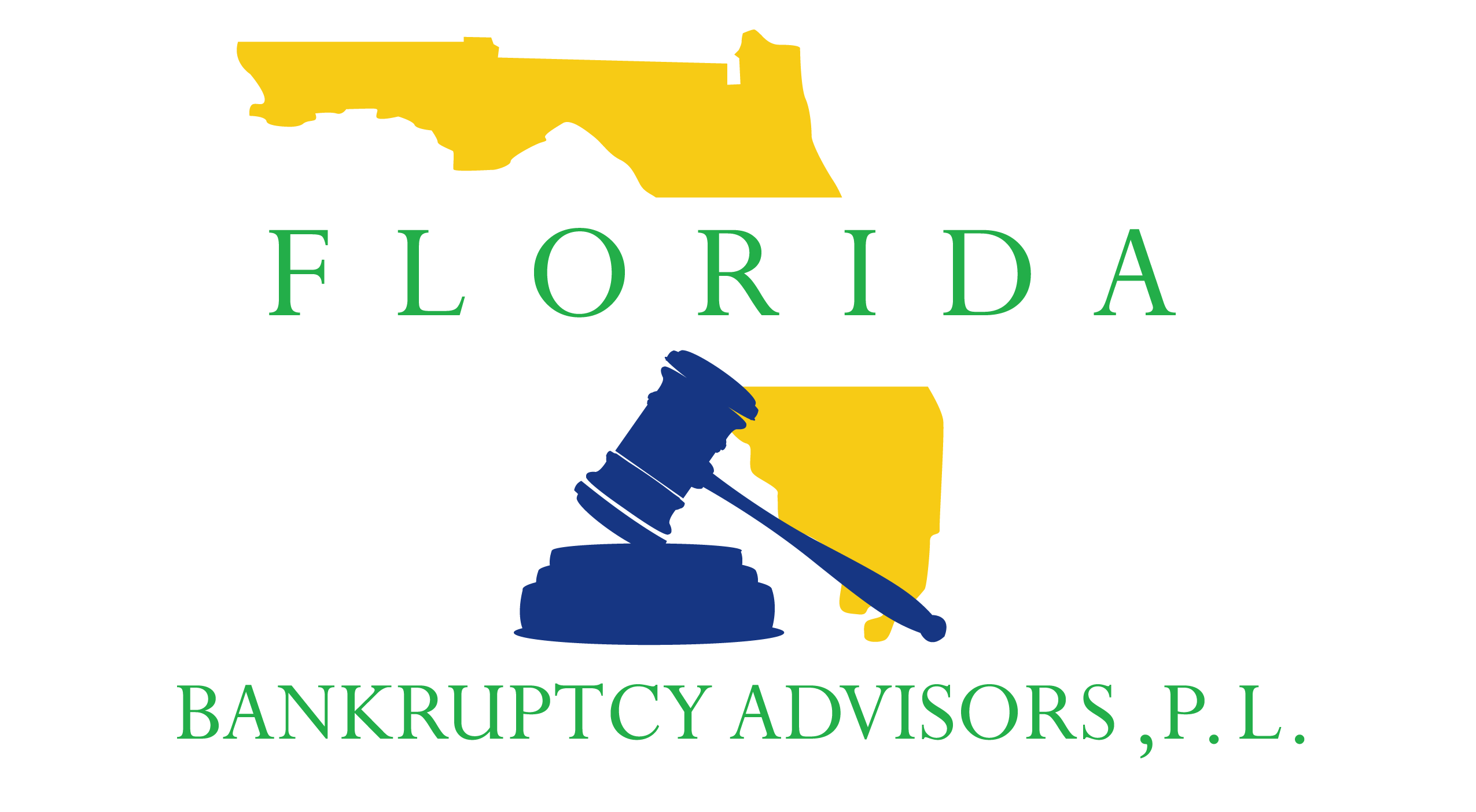Chapter 13
This chapter of the bankruptcy code provides a legal remedy that allows an individual borrower to restructure their secured debt (like a home mortgage or car loan) over a three to five-year plan, while paying their unsecured debt (like credit card bills, medical bills and older IRS debt) typically just pennies on the dollar. The confirmed plan becomes your new contract with your creditors when the Chapter 13 plan is confirmed.
In a Chapter 7 bankruptcy, a randomly-assigned Chapter 7 trustee liquidates non-exempt assets for the benefit of your unsecured creditors. This exposed “non-exempt” value is known as the Chapter 7 “liquidation value”. Chapter 13 allows you to keep all of your property by paying this non-exempt “liquidation value” over the term of your plan. If your household “disposable income” allows you to pay more, then you may have to pay a higher amount; however, only up to the amount you can afford. Clearly, you will never pay more than you actually owe to your creditors, which amount is limited to the “allowed claims” that are actually filed in your Chapter 13 bankruptcy case.
